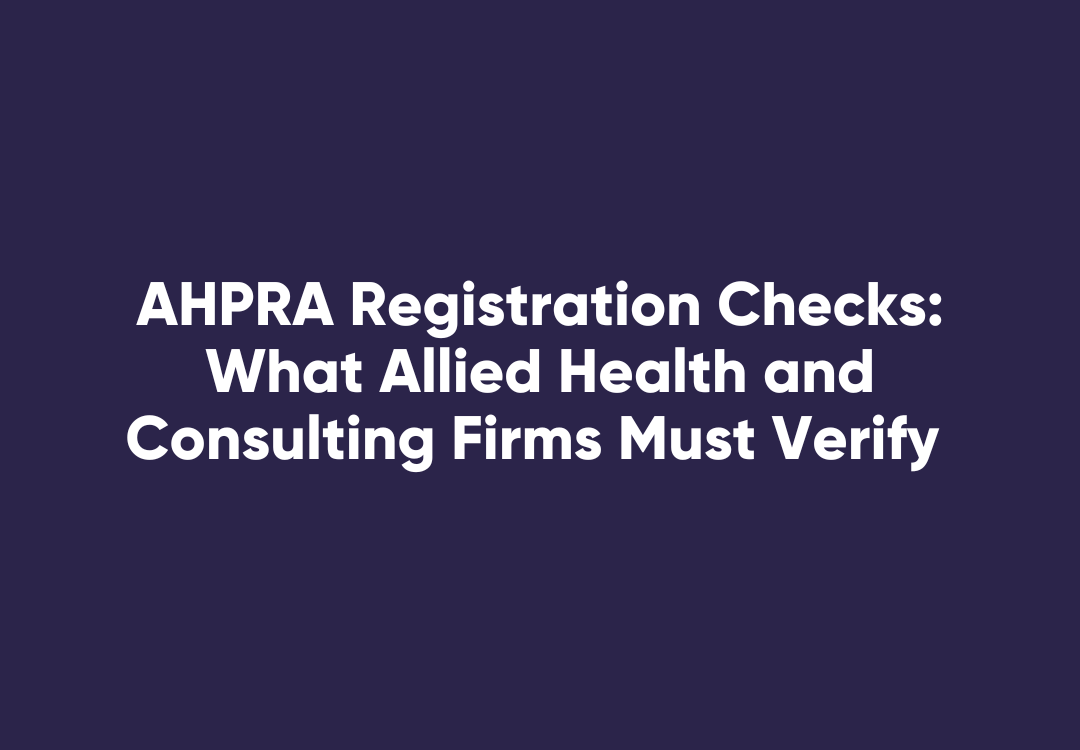How to Protect Your Transport & Logistics Workers in Extreme Heat
Temperatures fluctuate broadly in Australia – Melbourne is a perfect example – 43 degrees one day and 22 degrees the next!
This can present safety concerns for transport and logistics workers, where workers are susceptible to changeable weather, and extreme heat may impact them if they are not educated in recognising the signs of heat-related injury and illness, and taking preventative and protective measures.
Let’s take a look at the example of a truck driver.
Drivers are constantly exposed to the sun, whether it be coming through the glass of the truck cabin, in-between trips and during loading/unloading at site.
This is a particularly important consideration in Australia, where truck drivers undertake long haul drives, and may experience high temperatures and high levels of UV rays.
UV Protection
Australia has the highest rate of skin cancer in the world, with two out of three Australians expected to contract skin cancer by the time they are 70.
You can learn more about how to protect your workers from overexposure to the sun using this resource from the Cancer Council.
Heat Stress
Heat stress and heat illness in the workplace costs Australian employers $6.9 billion annually, according to a study completed by Charles Darwin University. This equates to over $700 per person per year.
One of the researchers on the project, Professor Stephen Garnett noted “it is feeling hot that affects productivity, not necessarily whether they are experiencing unusual conditions.”
Therefore, it’s important that workers are not only protected from the heat, but they are taking regular breaks to prevent themselves from over-exertion whilst experiencing abnormal temperatures.
Making sure that your workers have access to cooling methods, whether that be air-conditioning or fans, is crucial to reduce the feeling of overheating.
Young Workers
Certain groups are also more at risk when it comes to heat related injuries.
A study from the University of Adelaide found that employees who had been in the job less than 12 months suffered more than half the injuries studied, potentially due to inexperience or lack of training.
You may need to consider extended training, or providing additional information to younger workers, keeping an eye on them and reminding them about taking care in extreme heat.
This will help mitigate the risk of heat related illness and injury, and ensure they understand the effects that working in the heat may have.
You also need to encourage them to raise any issues with their supervisor or team leader.
For more information about young worker safety, WorkPro has authored a free resource that highlights key issues surrounding young worker safety.
It can be downloaded here.
Dehydration
Heat can cause indirect and less obvious problems, the most notable of which is dehydration.
As dehydration worsens, so does the effect on the human body and performance.
Common signs of dehydration can be found here and include:
- Thirst
- Dry mouth, lips and tongue
- Headache
- Darker and less urine than is usual
- Dizzy or light-headedness, particularly when standing up are indicators of more severe dehydration include:
- Extreme thirst
- A very dry mouth
- Rapid breathing
- Increased heart rate and low blood pressure
- Fever
- Little to no urine
- Irritation, drowsiness or confusion
Much can and should be done to protect your workers from the risks and hazards associated with prolonged heat exposure, and especially dehydration.
Guidelines surrounding fluid consumption for those working in the heat recommend 250-300ml of fluid every 15 minutes, or about a litre of fluid for every hour spent in the sun.
Workers who are loading and unloading containers can often be working in extreme heat for hours at a time.
By making sure your workers stay hydrated, you not only ensure that they are better equipped to handle extreme temperatures, but also help to protect them from heat stroke and heat-related illnesses.
If you think that someone may be suffering from dehydration follow these treatment guidelines:
- Mild dehydration can be fixed by encouraging them to drink more fluids. The simplest approach is to administer a premade hydration solution or electrolyte replacement.
- Avoid alcohol and caffeine, as they can make the issue worse.
- Severe dehydration requires urgent medical treatment, usually in hospital where fluids can be given through an intravenous drip.
Prevention is always better than requiring treatment, so it’s important to make sure that your transport workers are being reminded to drink fluids, and ensure they are taking regular breaks in extreme heat.
Personal Protective Equipment
It’s also important to make sure that workers are wearing the correct personal protective equipment (PPE) to suit the weather conditions.
This is especially true as it relates to employees working remotely or alone, as there isn’t anyone else available to monitor their condition if they succumb to heat stress.
Sunscreen, hats and clothes that allow airflow, as well as protecting the wearer from the sun, all contribute to preventing outdoor workers from succumbing to adverse effects from the heat.
If you’re looking to take your business to the next step, then WorkPro can help.
WorkPro’s online platform centralises background checks; licence, ticket and document management; and safety and compliance training.
Choosing WorkPro as your business partner removes the manpower and hours spent ensuring content is up to date, particularly as legislation surrounding Work Health and Safety (WHS) updates and changes.
Click here to start a free trial, and explore the services on offer.
Other related WorkPro blogs on this topic:
https://www.workpro.com.au/keeping-whs-in-mind-in-the-summer-sun/
https://www.workpro.com.au/what-are-some-outdoor-risks-to-work-health-and-safety/
https://www.workpro.com.au/which-types-of-injuries-are-common-among-staff-over-summer/












